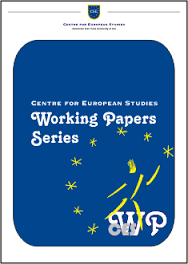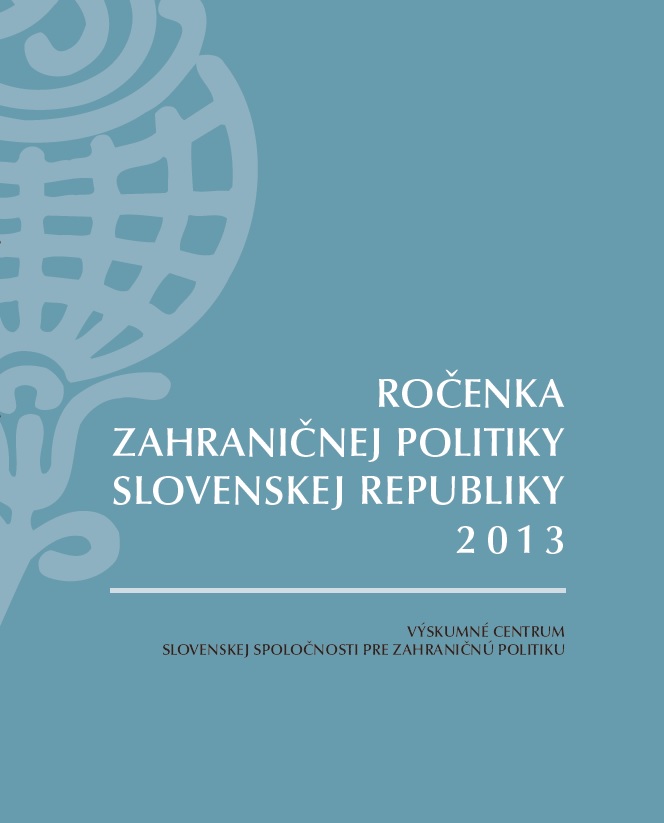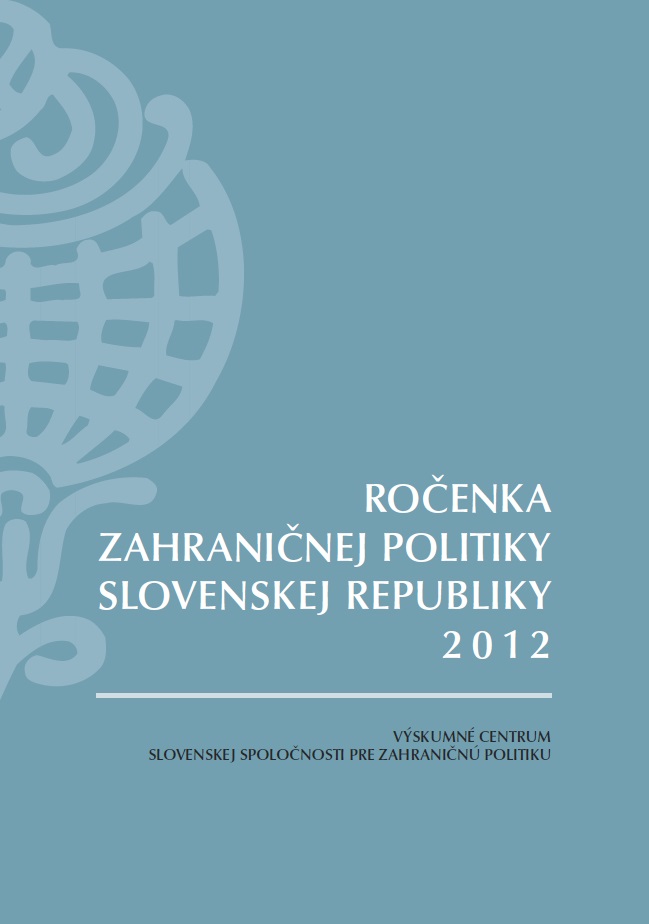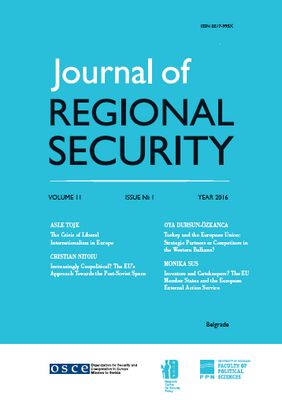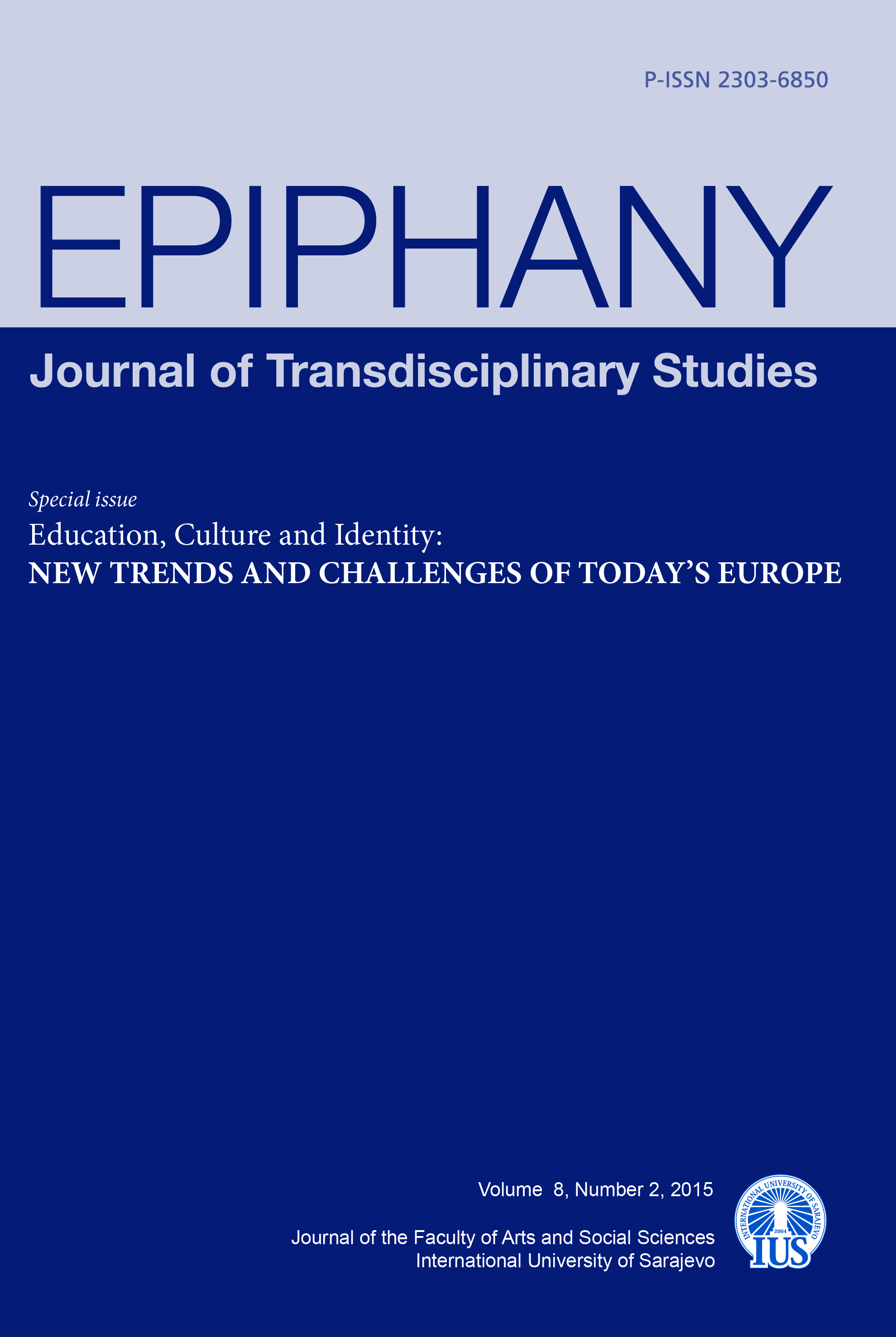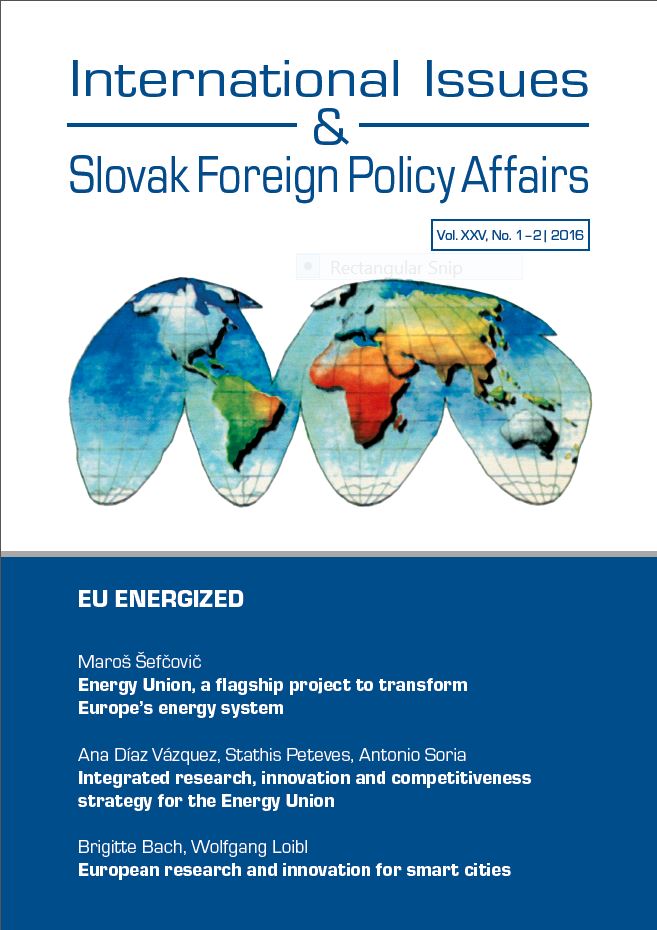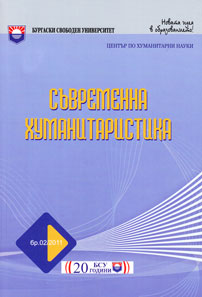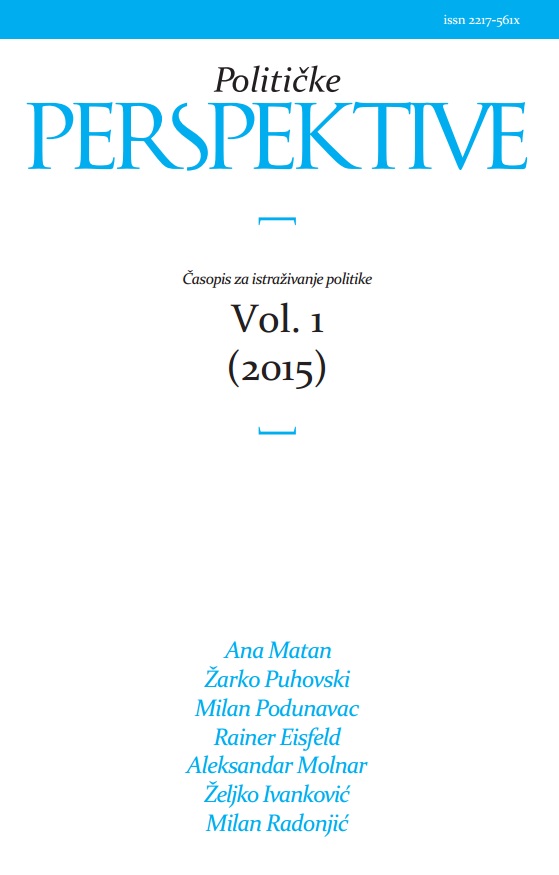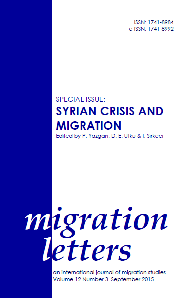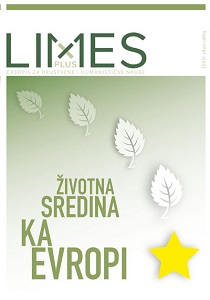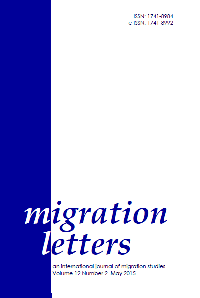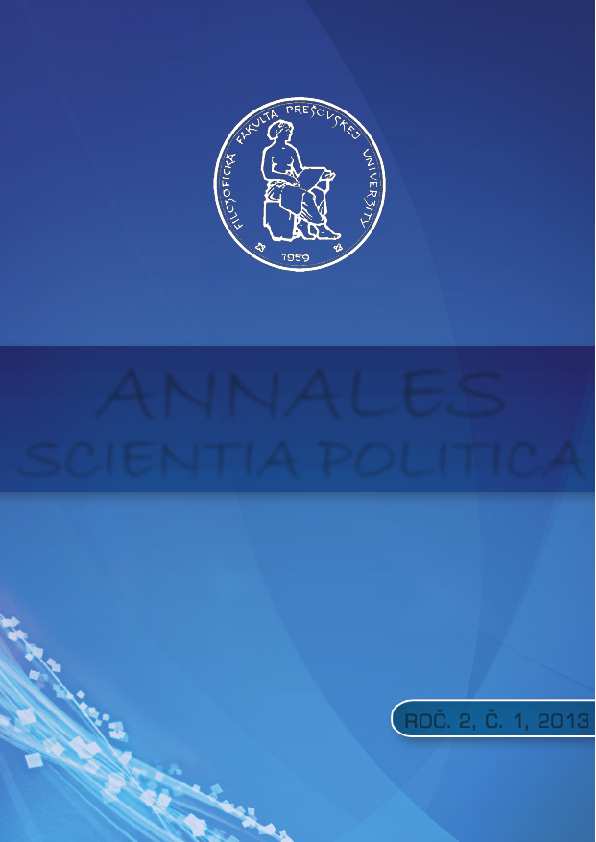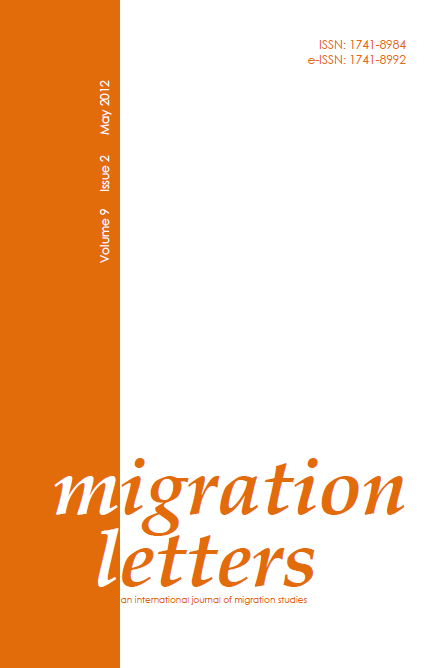Author(s): Srđan Orlandić / Language(s): English
Issue: 13/2015
the preamble of the Montenegrin constitution states that the Montenegrins are committed to european integrations, and that they share the same values and aims with the people of europe. the government of Montenegro confirmed dedication to the european path by signing on 15 october 2007 a Stabilization and association agreement (Saa), thereby accepting responsibility for its european future. Montenegrin european path is advancing steadily and until now eighteen of thirty-five negotiating Chapters have been opened, out which two Chapters have been provisionally closed. eu Member states devoted themselves to the Common Foreign and Security Policy (CFSP), as well as to the Common Security and defence Policy (CSdP), with which they are strengthening the eu’s external ability to act through the development of civilian and military capabilities in conflict prevention and crisis management. the acquis consists of political declarations, decisions and agreements, and member states must be able to support political dialogue in the framework of the policies, to align with eu statements, to take part in eu decisions and to apply agreed sanctions and restrictive measures. Montenegrin officials stated that, with respect to the eu policies vis-à-vis other third countries and regions, the country would not have difficulties in implementing CFSP and CSdP positions, yet, they expressed their commitment to be ready to fully and actively participate in the eu’s policies by the date of accession. Montenegro, also colloquially called ’the eu’s good student’, in its accession process is already aligning with the eu’s policies. this paper will conduct an analysis with respect to how and to what extent the candidate countries, i.e. Montenegro is aligning its foreign policy with the eu’s CFSP and CSdP. theoretical framework will be built around two basic alternative conceptions – state-centric governance and multi-level governance, which will establish a base for our further analysis. also, this paper will briefly present how the treaty of Lisbon impacted the CFSP and CSdP and created what we have today. afterwards, I will present all alignments of the Montenegrin foreign policy with the eu’s, with a special emphasis on the imposed sanctions in view of the situation in ukraine, due to the multi-layered ties between Montenegro and russia. all this should enable us to draw a conclusion if and to what extent eu’s CFSP and CSdP are affecting and changing Montenegrin foreign policy and its postulates.
More...
